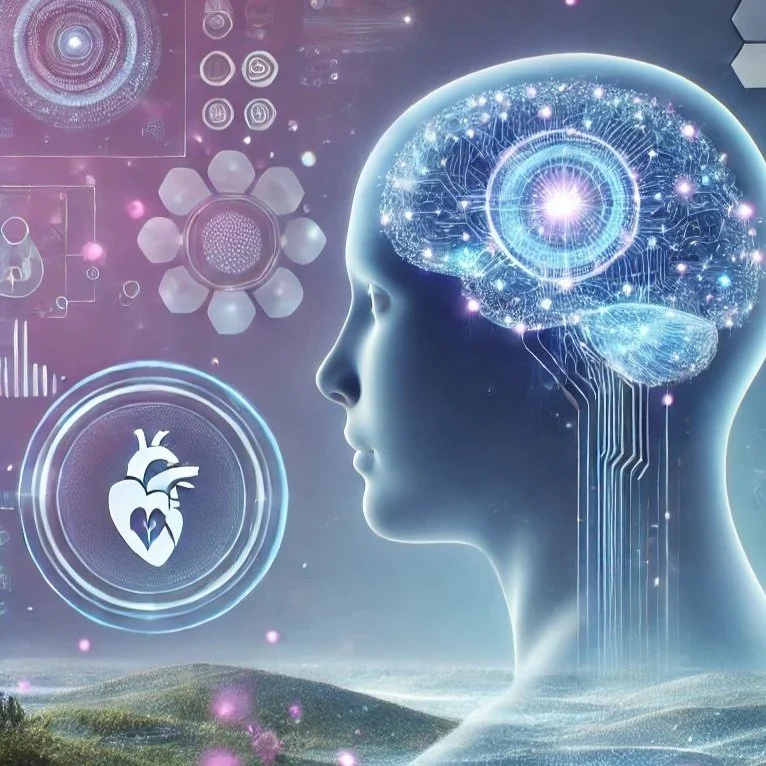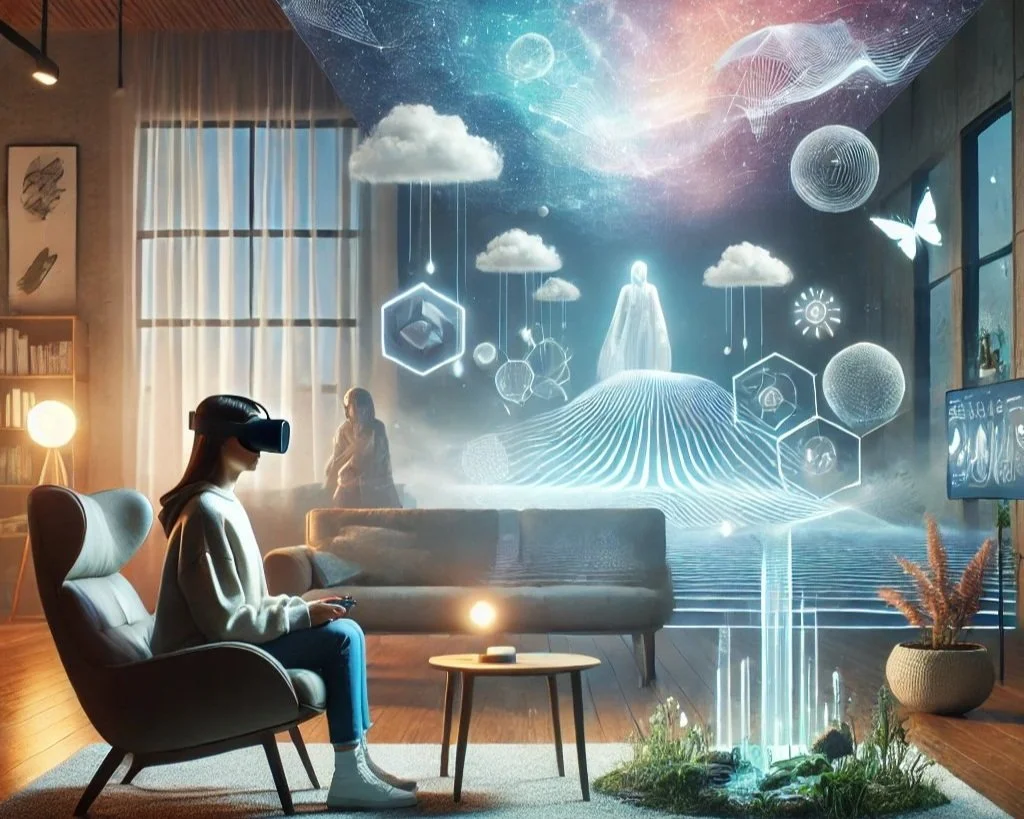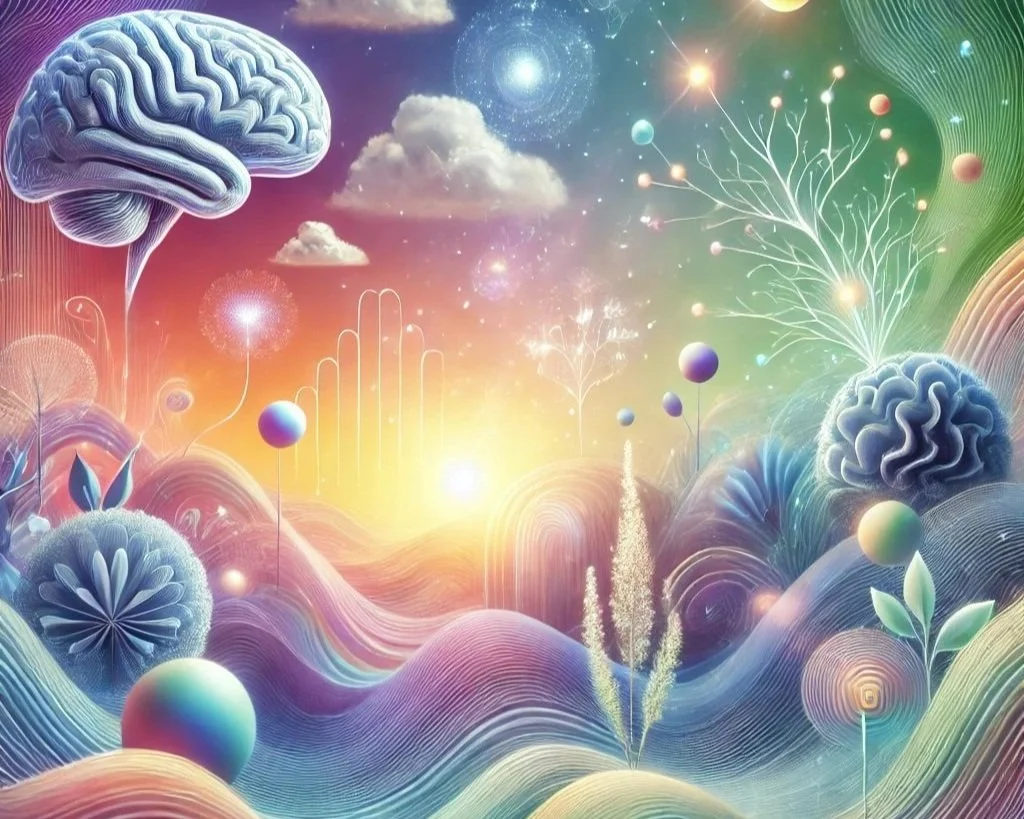Mental health has been gaining momentum as a critical societal issue—but progress is not linear. While awareness and innovation are driving improvements, recent political and policy shifts in the U.S. are actively undermining mental health care, funding, and access. Under the Trump administration, rollbacks of Diversity, Equity, and Inclusion (DEI) initiatives, cuts to mental health funding, and restrictions on key programs have created new barriers—particularly for marginalized communities. These shifts are reshaping the landscape of mental health support in the U.S., forcing healthcare providers, businesses, and advocates to adapt in real time.
What is the Future of Mental Health? A Futurist's Perspective
The conversation around mental health has come a long way in recent years, and it’s about time. As a Futurist and Strategy consultant focused on purpose-driven business and wellness, I’ve seen firsthand how crucial it is to address mental health in our lives. But what does the future hold? Let’s explore some exciting possibilities and challenges in the next 5-10 years.
With the rise of virtual mental health care and groundbreaking research in areas like nutritional psychology and psychedelic-assisted therapy, we are on the brink of significant changes in how individuals seek help. Technology plays a crucial role, offering both exciting possibilities and challenges through AI and teletherapy. As we explore these advancements, it’s clear that therapy is evolving in ways we never imagined.
The Future of Therapy: The Next Frontier in Mental Health | Perspective from a Futurist
Have you ever wondered what therapy will look like in the coming years? As mental health awareness grows, so does the demand for innovative approaches to treatment, pushing the boundaries of traditional methods. The intersection of technology, psychology, and inclusivity is paving the way for a transformative future in mental wellness.
With the rise of virtual mental health care and groundbreaking research in areas like nutritional psychology and psychedelic-assisted therapy, we are on the brink of significant changes in how individuals seek help. Technology plays a crucial role, offering both exciting possibilities and challenges through AI and teletherapy. As we explore these advancements, it’s clear that therapy is evolving in ways we never imagined.
The Future of Psychedelics: Revolutionizing Mental Health and Wellness
Psychedelics are stepping out of the shadows and into the spotlight as some of the most promising tools in modern wellness and mental health. Once associated with the counterculture of the 1960s, these substances are now being rigorously studied for their potential to treat a range of mental health conditions, from depression to PTSD. The future of psychedelics is no longer a fringe idea—it’s becoming a mainstream reality with significant implications for how we approach mental well-being.




